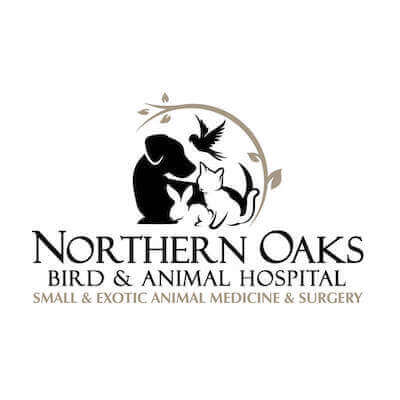The most common health problem in pets is called PERIODONTAL DISEASE. This disease affects the gums and bone around the teeth, instead of the teeth themselves.
About 75% of all dental problems seen by veterinarians, (and almost all teeth lost), are the result of periodontal disease. It is the cause of 95% of all cases of bad breath. In advanced stages, it results in infected, foul-smelling, loosened teeth with a massive, unsightly accumulation of tartar (calcified bacteria). Often there is a loss of appetite due to painful gums or lethargy from the chronic infection.
Food, bacteria, and saliva accumulate and adhere to the tooth surface, forming a soft plaque. This material can be easily removed at this point. If plaque is not removed, it becomes hard and forms tartar. This buildup then causes erosion of the gums, with subsequent infection of the tooth socket. The teeth become loose, and may even fall out. The gums become reddened, swollen, and bleed easily. Pets often salivate excessively from the associated pain.
The buildup of this material allows bacteria to constantly grow in the infected mouth tissue. These bacteria enter the bloodstream through the bleeding gums and carry toxins and poisons that cause problems such as heart valve infections (endocarditis) and kidney infections (nephritis).
Rapid buildup of tartar is primarily due to acidity of the saliva, not what pets eat. The more acidic the saliva, the quicker the buildup of plaque.
Follow these tips for good oral hygiene:
- Feed at least some hard food, which will provide a cleaning action. Prescription Diet t/d is available for both dogs and cats and can be used as a treat every day.
- Have teeth professionally examined at least once to twice per year for tartar buildup. Pets vary considerably in the amount of tartar that accumulates.
- Use a pet dentrifice on a regular basis. We will be happy to recommend what is best for your pet. CET Chews are available for both dogs and cats. CET Aquadent Drinking Water Additive is well tolerated by pets. Pet Toothpaste is also available, as well as special pet toothbrushes. Human toothpaste should not be used since it can be toxic if swallowed by pets.
- Most pets should have their first cleaning by 2-3 years of age to prevent irreversible infection.
Research has proven that regular dental hygiene extends pets’ lives by 2-3 years compared to pets that have not had dental cleanings throughout their life.




